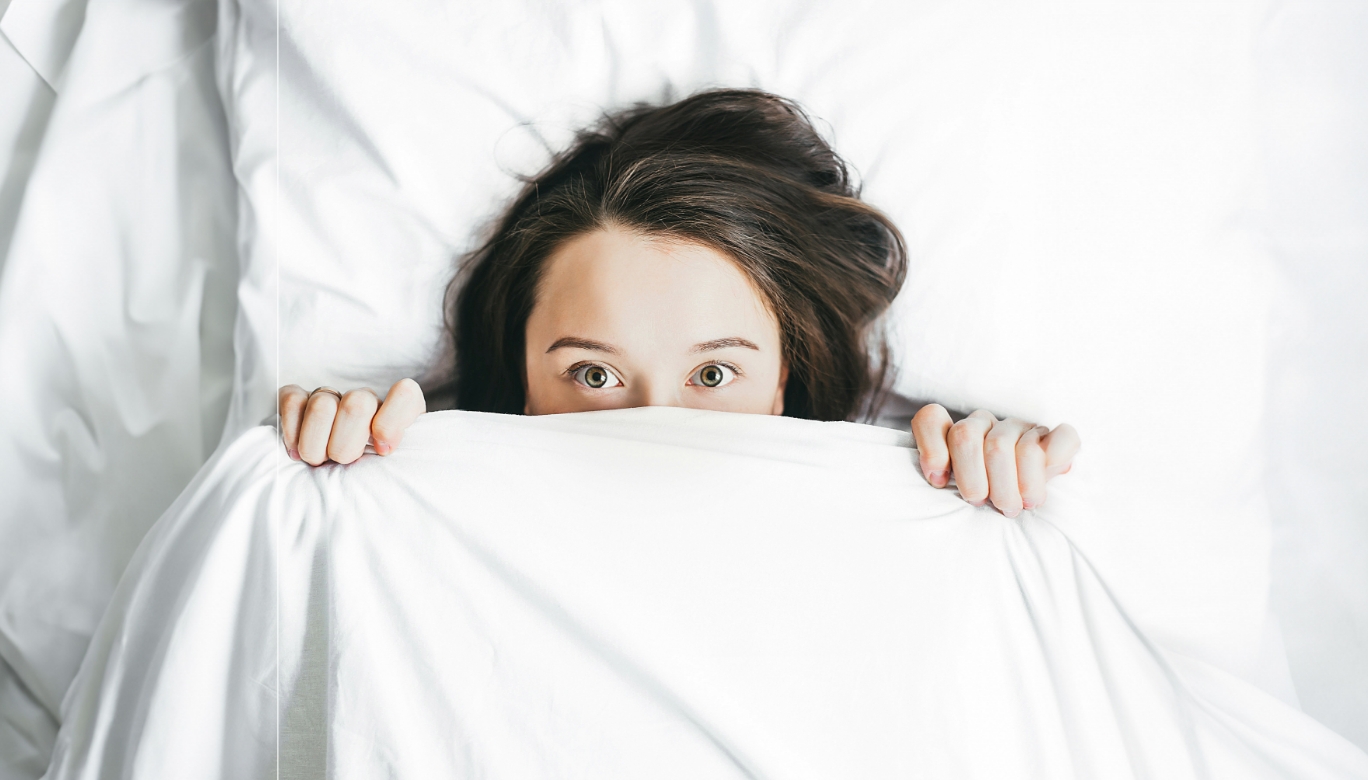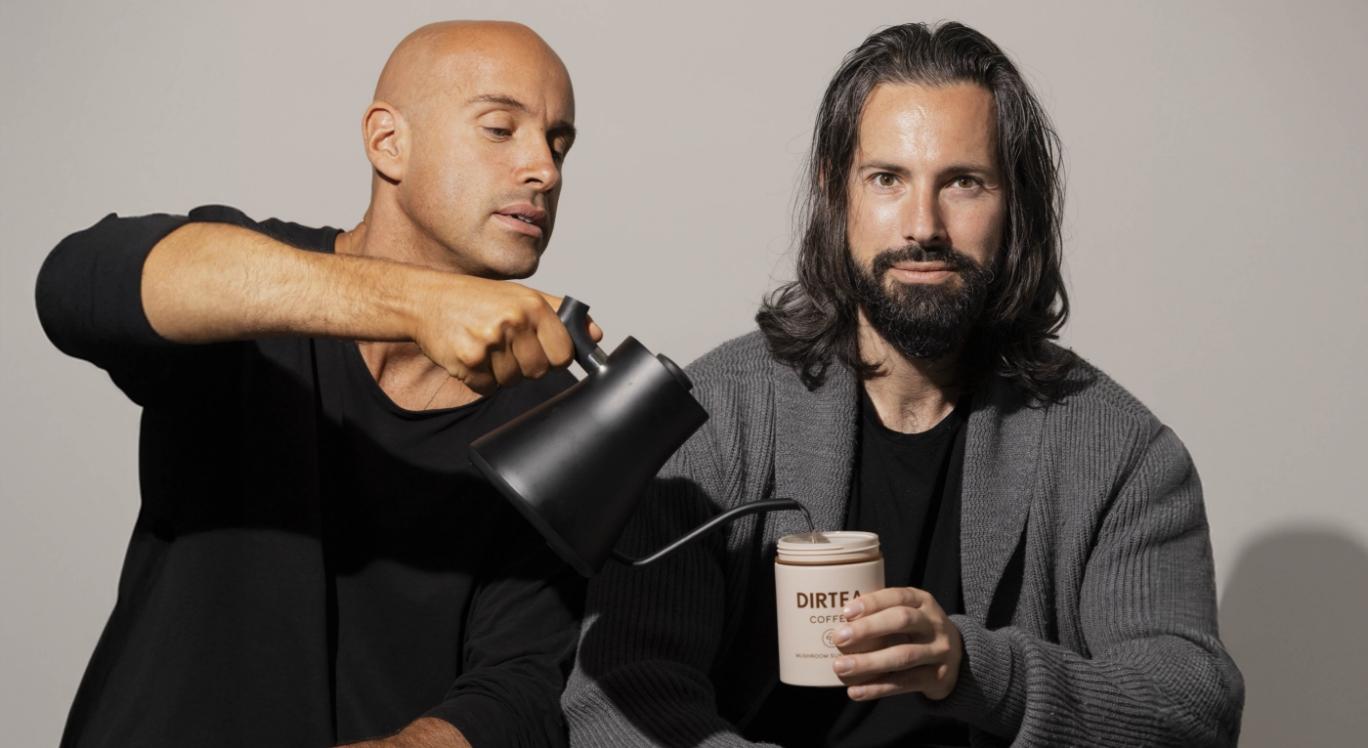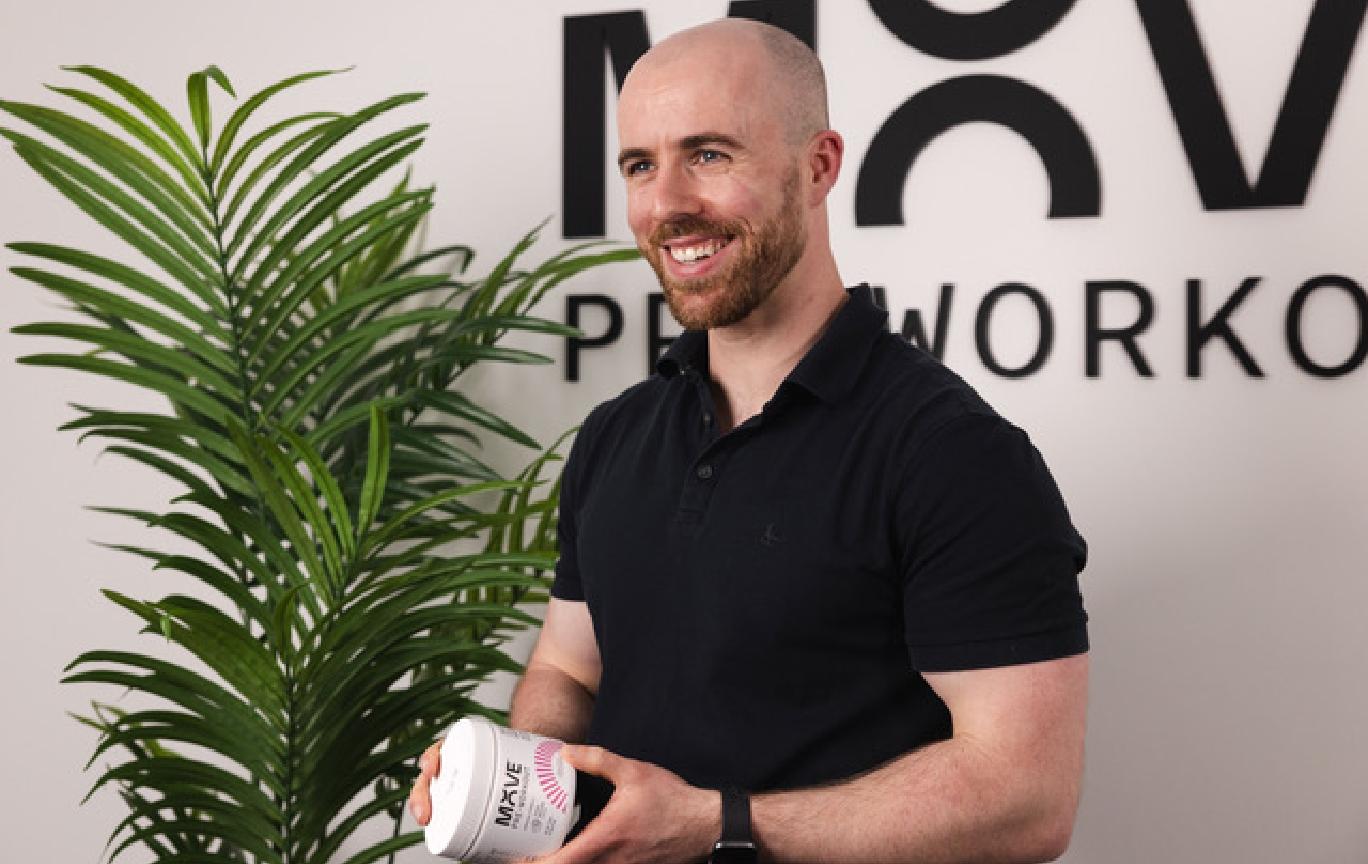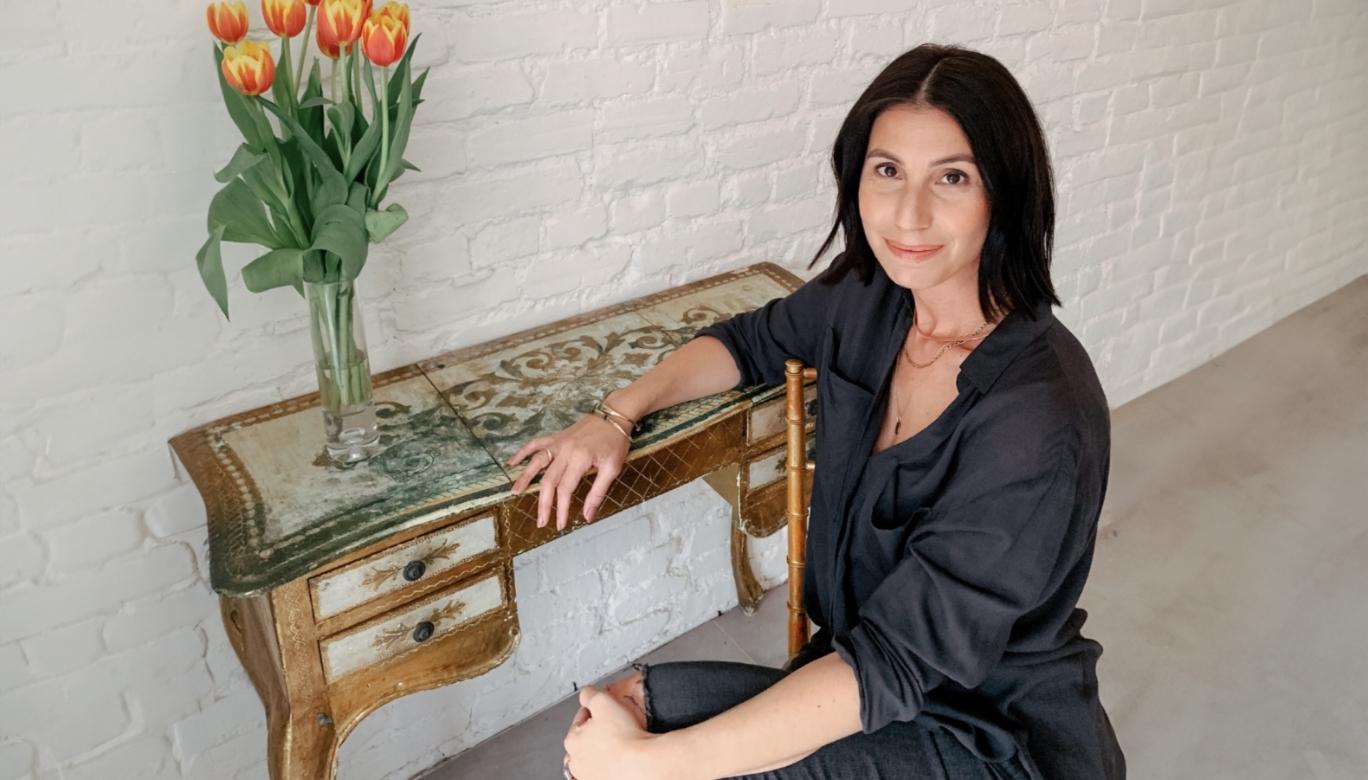How much do you know about sleep? And where did you get your information from?
Article written by Talia Shapero Certified Adult Sleep Coach

In my practice, I notice that a lot of people come to the table with beliefs about sleep that are not always in line with the actual facts and sometimes these beliefs can make them think they have a sleep problem when they don’t OR these beliefs can get in the way of treating a sleep issue.
MYTH #1 Everyone requires 8 hours of sleep.
Adults need on average somewhere between about 7-9 hours of sleep per night on a consistent basis and sleep needs and timing vary from person to person - we all have our own biological preferences. Some people are natural early birds while others are night owls and some lie somewhere in between.
Calculating WHEN you should sleep and HOW long for is a really important piece of the sleep puzzle. This is referred to as your chronotype and figuring out your ideal schedule can really make a difference to the quality of your sleep and how well-rested you feel the next day. When I work with my clients, we do a lot of experimentation with shifting bedtimes and wake times in order to figure out their body’s natural sleep rhythms to optimize their sleep and daytime energy levels.
Myth #2: A good sleeper falls asleep immediately and doesn’t wake up until their alarm goes off/the morning.
The truth is - if you are always falling asleep in under 5 minutes and always waking up to your alarm instead of naturally, this may actually be a sign of sleep deprivation, meaning you are not getting enough sleep OR it could indicate that you have a sleep disorder (eg. sleep apnea or narcolepsy) or another medical condition.
Going to sleep is a process, it’s like landing a plane, and it is normal and natural to take anywhere from about 5-20/30 minutes to fall asleep at the beginning of the night. It’s also typical to have a few brief awakenings throughout the night because as we cycle through the different sleep stages (and you do this 4-5x a night), you enter a lighter stage of sleep, so it’s natural that you may have brief arousals or awakenings during that time. Some people are aware of these wakings and others are not.

Myth #3: MELATONIN IS A NATURAL SLEEP AID
Many people take melatonin as a sleeping pill, which is not its intention. Melatonin is a hormone that your body produces naturally in response to darkness and it sends a signal to your body to start the sleep process. Light however, decreases melatonin production and signals the body to wake up. So it is more of a sleep and body clock regulator. It helps tell your body what time of day it is and light is an important time cue, which is why it’s really important to get that bright light in the daytime and limit your light in the evening. If you are thinking of taking melatonin, speak to your doctor and I would recommend trying to adjust your light cues so that your body can produce melatonin naturally on its own.
Features












